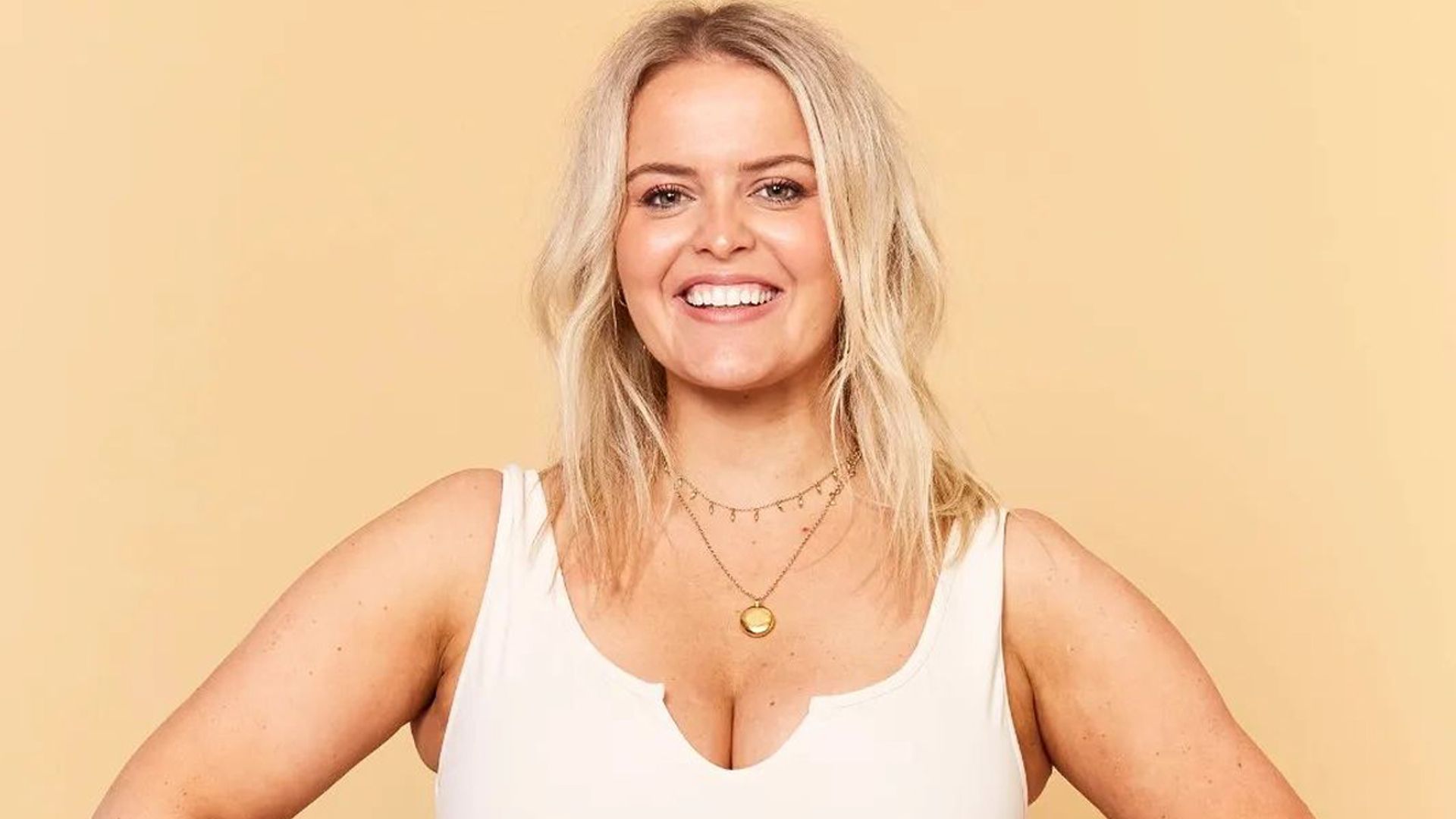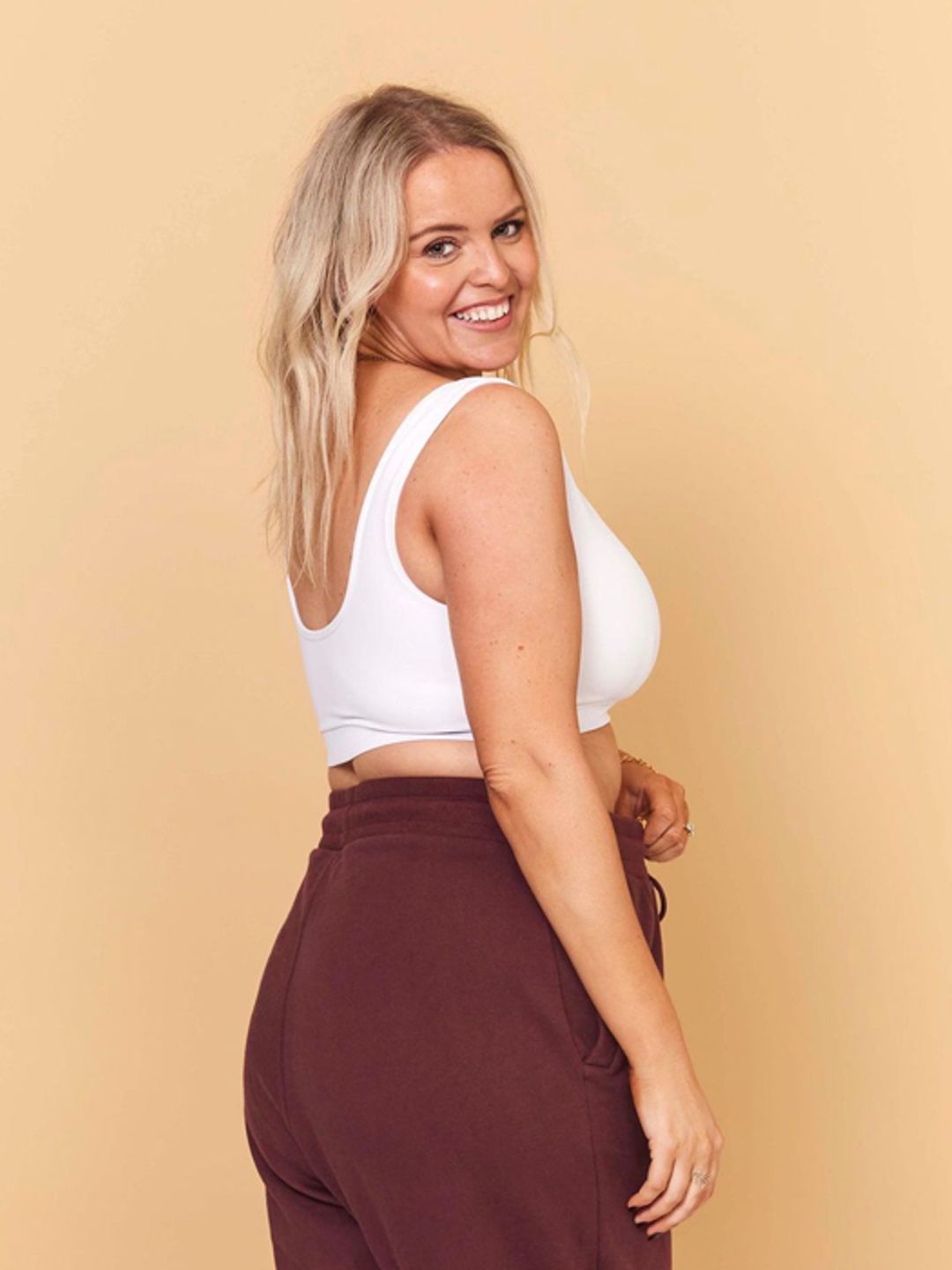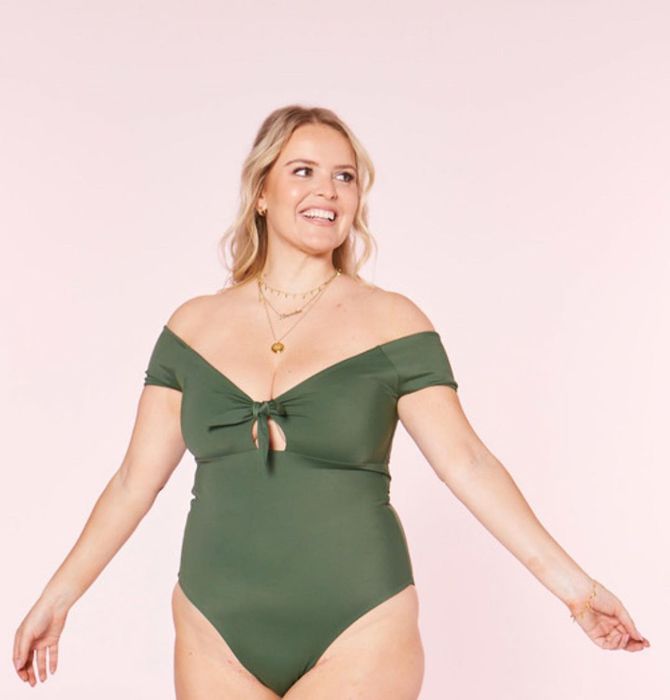I've thought a lot about whether changing your body can co-exist with body acceptance, because there appears to be a very clear paradox: how can you accept your body yet want it to look different?
It does, admittedly, scream contradiction. And in my "body positive" space on Instagram, I've seen a lot of judgement around women's choices to have Botox, fillers, plastic surgery – even to use skincare, with many deeming it a direct threat to our quest to free women of beauty standards.
EXCLUSIVE: This Is Us star Chrissy Metz explains how she has found body confidence
But the reality is far more nuanced, and what I actually find much more threatening to this quest is the judgment around aesthetic treatments. We live in a world that takes every opportunity to tell us,women especially, that we need to look better: we need to be thin but not too thin; we need to be wrinkle-free with flawless skin; we need to have the perfect ski slope nose and sizeable lips, and we need to have it all effortlessly.
And, of course, for the vast majority of us, that's just not possible. Now, yes, in an ideal world, body neutrality would reign and how we looked would be our last priority. But that's an ideal world that's far from our current reality, so it's vital that we have compassion for anyone who feels that aesthetic treatments are valuable parts of their lives.
They can provide huge benefits to self-esteem and significantly increase body confidence. "The positive effect of treatments is one of the most rewarding parts of what all aesthetic practitioners do," says consultant dermatologist Dr. Alexis Granite.
"Sometimes it's just tweaking a little something that has always bothered a patient, such as their nose profile or hereditary dark circles under their eyes – just that little difference can really boost confidence. Or it may be overall rejuvenation with lasers or injectables that make a person feel more like themselves."
It's vital to acknowledge this positive impact. I'm fairly far into my journey with self acceptance – I even wrote a book about it – but I still do my hair, my nails and love looking after my skin.
It's a form of self-care that makes me feel good about myself. As well as affording compassion, we need to respect bodily autonomy: getting any kind of treatment is an individual's choice.
And if getting those treatments is key to helping them feel comfortable in their own skin, then so be it. I strongly believe that with anything that involves changing your appearance, it's always a good idea to question your 'why?' – is it for you or to fit beauty standards?
But even if the answer boils down to you simply wanting to fit a standard of beauty, that's still okay. Even if that's your reason and you also consider yourself to be body positive, that's still okay.
You're human and we're complex and nuanced and we don't fit neatly into little boxes – especially when we also live in a real, messy world that is particularly complicated for women.
If body acceptance and changing your body co-exists for you, then it co-exists – and nobody can take that away from you.
You Are Not A Before Picture: How To Finally Make Peace With Your Body, For Good by Alex Light, $28.99, published by HarperCollins










